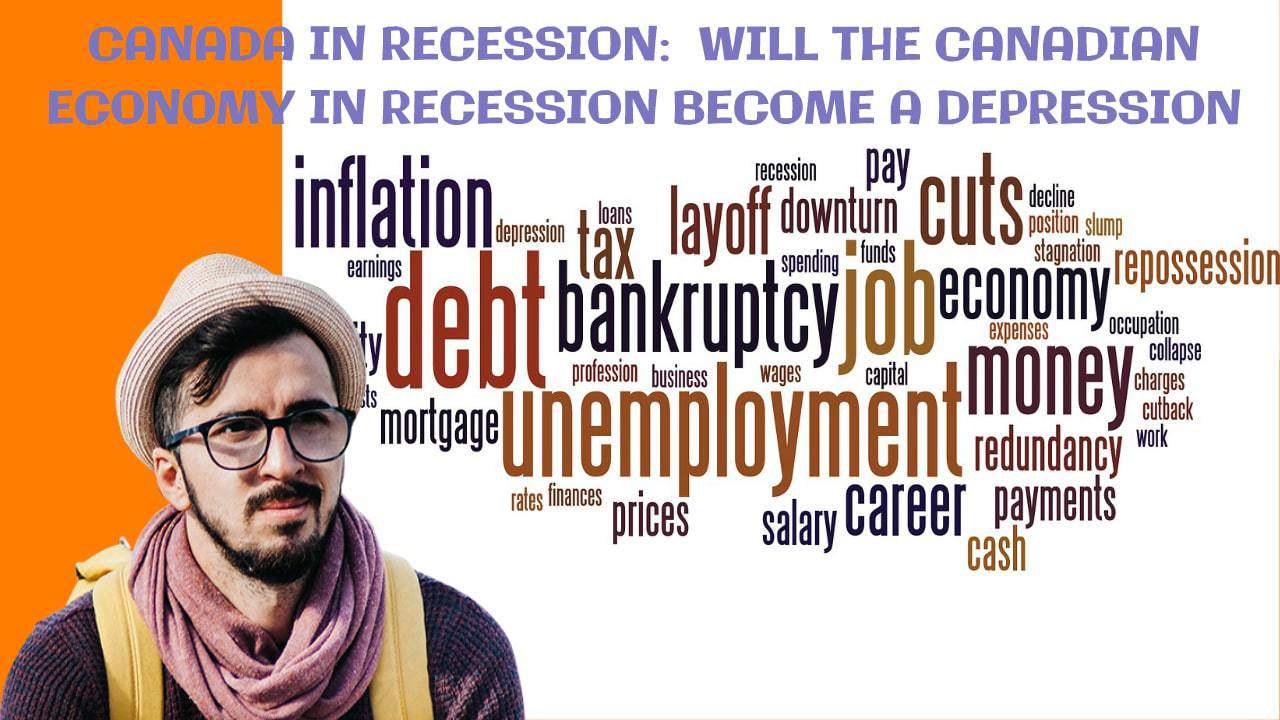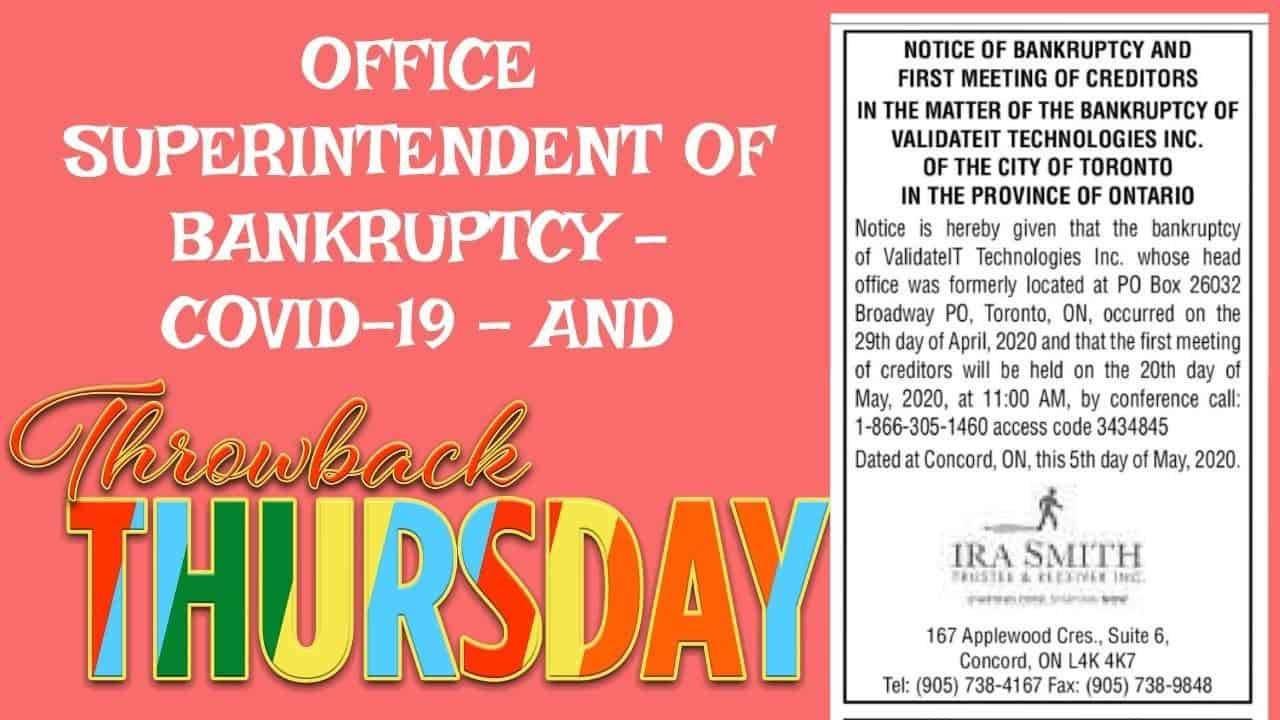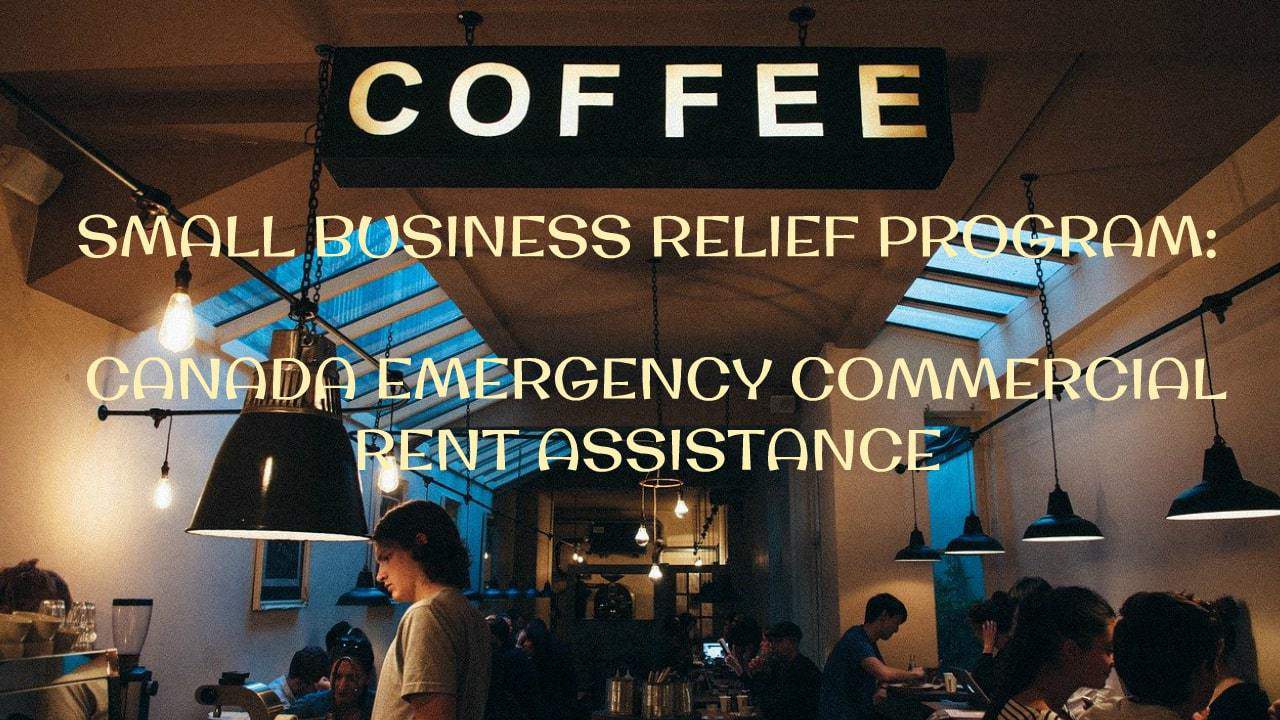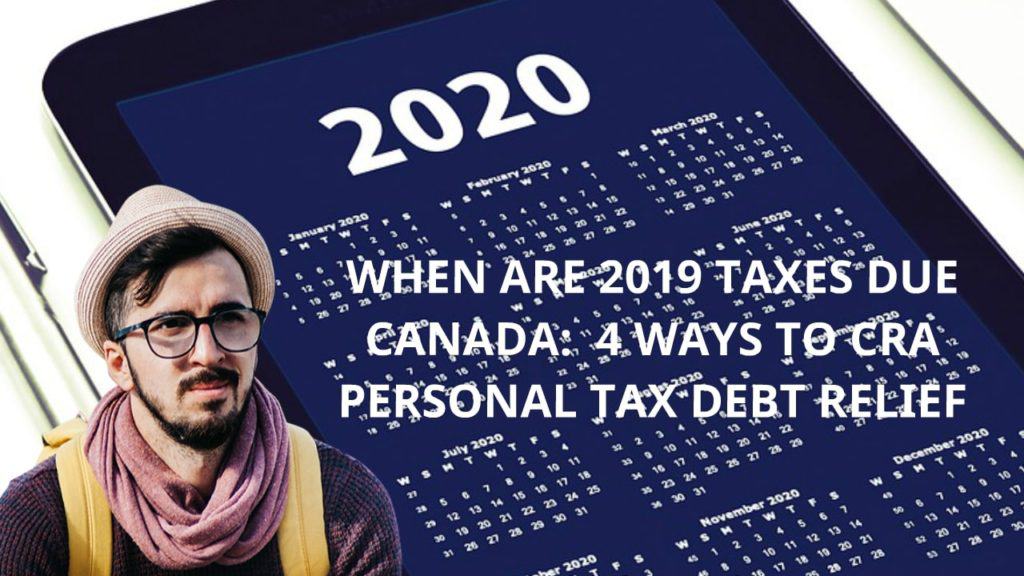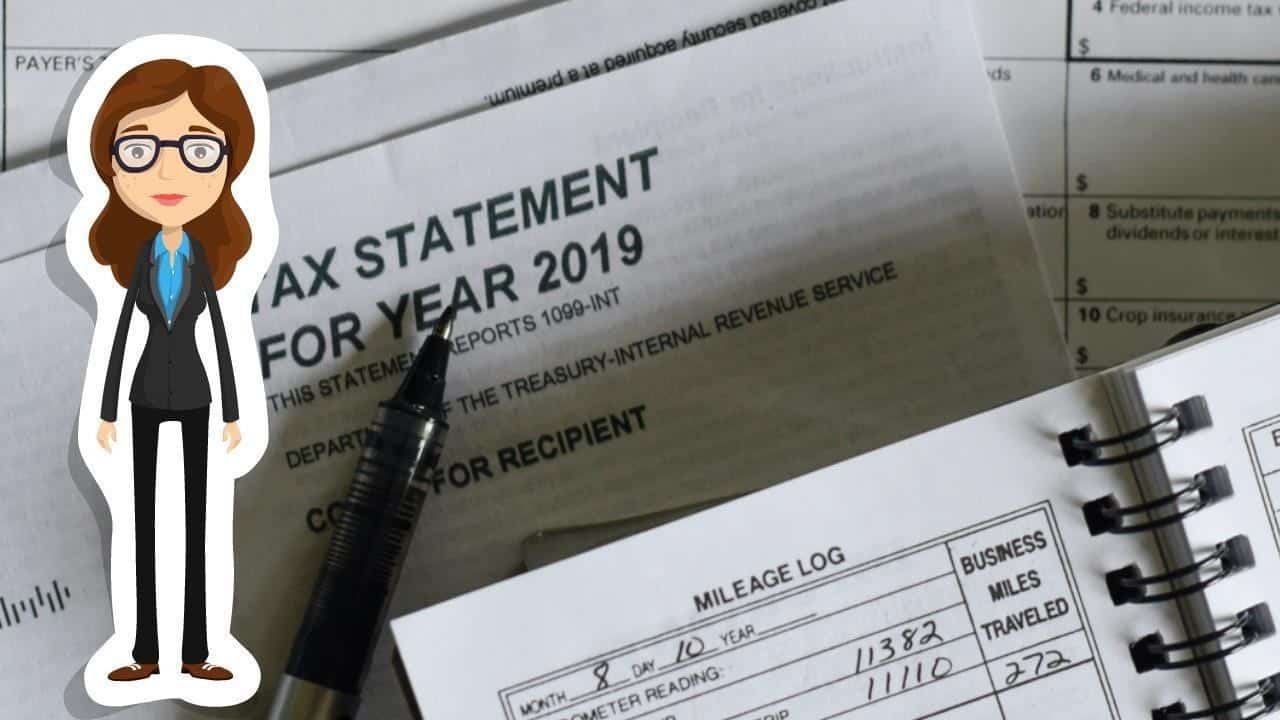The Ira Smith Team is totally operational and both Ira and Brandon Smith are here for a telephone consultation, conference calls and virtual meetings.
Keep healthy and safe everybody.
[monkeytools msnip=”https://monkeyplayr.com/playr.php?u=5173&p=22354″]
Commercial rent relief Canada introduction
Commercial rent relief Canada is one of the biggest needs of Canadian businesses. This is a result of the COVID-19 induced economic shutdown. I have written before on this problem and about the Canadian government Canada Emergency Commercial Rent Assistance (CECRA) Program.
This program is part of Canada’s COVID-19 Economic Response Plan. The CECRA has been updated from its original version which I also wrote about. You can view the updated discussion in my blog – COMMERCIAL TENANCIES ACT ONTARIO: NEW FIX FOR YOUR UNRULY LANDLORD’S COVID-19 COMMERCIAL LEASE TERMINATION.
The purpose of this Brandon’s Blog is to discuss how “unused” leased premises have been treated differently so far under both US and Canadian corporate restructuring. I will also fill you in on the secret to get commercial rent relief Canada for Canadian bankruptcy protection and financial restructuring. Unfortunately, as you will see, it isn’t much of a secret!
Commercial rent relief Canada – The US version
The US bankruptcy courts have been generous and pragmatic in cutting companies who filed under Chapter 11 some slack in relation to leased premises that were unused due to the economic shutdown. There were two cases in particular that I previously wrote about.
Modell’s Sporting Goods, Inc. et al Chapter 11 bankruptcy proceedings
On March 12, 2020, the U.S. Bankruptcy Court District of New Jersey issued the Order authorizing the Chapter 11 bankruptcy application of Modell’s Sporting Goods, Inc. et al (Modell’s) submitted on March 11. Modell’s is America’s earliest, family-owned ran store of sporting items, sports footwear, clothing and equipment. It was founded in 1889.
On March 27, 2020, the court granted Modell’s court application making an order attending to both a bankruptcy suspension and an operational suspension. The bankruptcy suspension maintained the bankruptcy protection proceedings until April 30, 2020 (the Suspension Period). The operational suspension enables Modell’s to shut down all shops and also not operate. The judge additionally gave Modell’s the right to apply on brief notice to the court to extend the Suspension Period. The order went on to state the stay of proceedings holds throughout the suspension.
As part of their application, Modell’s submitted a modified budget to show what sources of cash it would have and also what expenditures it would pay during the Suspension Period. It likewise showed what expenditures were being incurred, but not paid. Commercial rent on every one of its shops was among the expenditures being accumulated but left unpaid.
Modell did not put any of the commercial lease payments in its amended spending plan. They needed to shut down every one of their stores as a result of the coronavirus pandemic. Shops shut suggests no sales. They were not going to pay rent at the same time the stores were not generating cash.
The court order accepted the modified budget plan. It also verified that the only payments that Modell’s would make were those indicated as most important. The business considered payments to every one of its landlords as non-essential. The court order did indicate that the accumulated and overdue commercial rent payments were not and also were not deemed to be waived or not payable.
Pier 1 Imports took a page from the Modell playbook
In February 2020, Pier 1 Imports, Inc. (Pier 1) declared Chapter 11 bankruptcy protection as part of trying to find a purchaser of its operations. It then closed all of its shops in Canada and most in the United States.
On Tuesday, March 31, 2020, following the Modell’s precedent, Pier 1 applied to the court to stop paying commercial rent on its US retail locations on a temporary basis. Pier 1 had to shutter all of its shops as a result of the COVID-19.
Following the Modell’s model, the court provided its approval. It is interesting to note that no commercial rent relief Canada was sought from the Canadian court.

Could this commercial rent relief Canada occur under Canadian bankruptcy protection?
So the concern is, could a business get this new Modell’s/ Pier 1 precedent to take place in a Canadian bankruptcy protection restructuring? Put another way, could Canadian companies being formally restructured get commercial rent relief Canada?
Under the CECRA program, landlords and tenants need to cooperate and agree with each other to apply for that commercial rent relief Canada. However, what if the landlord plays hardball? Can a Canadian firm declare bankruptcy protection in Canada and be successful in having the court order commercial rent relief Canada?
The two corporate restructuring statutes in Canada are the Part III Division I section of the Bankruptcy and Insolvency Act (Canada) (BIA) and the Companies’ Creditors Arrangement Act (CCAA).
There are no express arrangements in either statute to conjure up commercial rent relief Canada. Actually, the reverse is true. In either a restructuring or liquidation, the case law says that if a leased premise is being used then rent must be paid to the landlord. Fairness is part of the Canadian bankruptcy landscape. There are years of cases on this problem and they all wind up the very same. You don’t even have to be open for business. If you are tying up the location and preventing the landlord from the right of reentry, the rent needs to be paid.
However, there are two comparable sections in each of the BIA and CCAA. Section 183( 1) of the BIA says:
“183 (1) The following courts are invested with such jurisdiction at law and in equity, as will enable them to exercise original, auxiliary and ancillary jurisdiction in bankruptcy and in other proceedings authorized by this Act…”.
The wording has been interpreted by the courts to imply that the bankruptcy court in each province has the sole responsibility to supervise and approve all acts needed to be done for the correct administration of the Canadian insolvency system. This holds whether it is bankruptcy protection restructuring or straight-out bankruptcy liquidation.
The CCAA offers more adaptability in an insolvency business restructuring than the BIA does. Generally, the court will reach its decisions in a CCAA restructuring on the basis of fairness and also reasonableness. The court is required to be worried that what is being recommended is not prohibited and there are cogent reasons regarding why what is being proposed serves to benefit all or most of the creditors affected by the restructuring.
Until recently, a Canadian court has not published a decision in response to an application for commercial rent relief Canada due to the coronavirus pandemic shutdown in a BIA or CCAA restructuring.
We now have a commercial rent relief Canada answer from British Columbia
The case is Quest University Canada (Re), 2020 BCSC 921. Quest University Canada (Quest) filed for CCAA bankruptcy protection in January 2020. It had several motions between January and May to extend the restructuring proceedings.
Also in May, Quest premised its request for a boost in its restructuring interim loan facility, somewhat, on it deferring lease payments on four of its university residences from June-August 2020. Southern Star Developments Ltd. (Southern Star) is the owner of the residences and also Quest’s landlord. Southern Star and its mortgagee Bank of Montreal (BMO), objected to any lease deferment. The court had to figure out whether it is appropriate to allow Quest to delay rent payments to its landlord, Southern Star.
Quest mandated that as part of the educational experience, all students going to Quest were required to reside on campus in the residences. A significant percentage of Quest’s students (some 75%) were international students. In addition, some faculty members resided in the residences.
Effects developing from the COVID-19 pandemic, as experienced in BC, across Canada and all over the world, are well known. On March 12, 2020, Quest’s board of governors declared the closure of Quest to the general public. Students had to leave the campus and finish the springtime and summertime semesters online. All occupants vacated the residences. Only a small number of personnel stayed behind for security purposes.
Then the BC government issued a Ministerial Order whereby it declared a state of emergency. The federal government prohibited the entry of foreign nationals into Canada, initially except the United States under the Quarantine Act. The Canadian government then extended the ban to most travellers from the USA also.
The timing of the pandemic as well as its extreme repercussions couldn’t be worse for Quest in regards to its restructuring efforts.
Quest’s commercial rent relief Canada application like Modell’s and Pier 1
Without referencing the US bankruptcy protection court orders I discussed above, Quest made a similar application to the court. Quest was looking for commercial rent relief Canada just like was given to the US companies in the Chapter 11 cases.
On May 18, 2020, Quest advised Southern Star that it would not be making rent payments for the residences starting in June 2020. Quest said it needed to conserve cash due to the fact that the residences could not be used (the same argument as the Modell’s and Pier 1 cases). Quest mentioned the continuous restructuring process, the closure of on-campus learning and the unpredictability of what academic instruction it would be able to offer in fall 2020 as reasons for the deferral.
The court had so far accepted and approved interim financing to permit the restructuring to continue. Quest told Southern Star that it wished to discuss a rent deferral arrangement over the following numerous months. Quest hoped that Southern Star would be accommodating given their history of working together and the COVID-19 pandemic.
Unfortunately, Southern Star right away showed its unwillingness to do so. Southern Star stated that, without receipt of lease payments from Quest, Southern Star will certainly not have the ability to make its mortgage loan payments to BMO. For apparent reasons, that is not an enviable situation for Southern Star, nor obviously, BMO, to be in.
In late May 2020, Quest sought and obtained an increase in the approved interim financing by $3 million. The cash-flow forecast that supported that application, included the Monitor‘s Second Report, did not reference any kind of rent payments by Quest to Southern Star until October 2020. Accordingly, the accepted interim funding is not adequate to fund Quest’s lease payments over the summer season.
Quest contended that it is critical to preserve the use of the residences and its relationship with Southern Star. Quest says that its ability to restructure and continue as a university depends on it. They also content that Southern Star and BMO will not suffer any prejudice if the rent deferral is allowed. Quest believed that it would be able to make up the deferred payments sometime in the future.
Southern Star and BMO opposed the court granting that relief. They contend that they will be prejudiced if Quest does not have to make the rent payments.
The court’s decision in Quest’s commercial rent relief Canada application
The court’s analysis was very detailed. The BC court reviewed precedent decisions from various provinces, including Ontario. For Quest, an important question that it wanted the court to answer was were the residences being used?
Quest suggested that it left the residences because of safety issues and provincial health and wellness orders relating to the COVID-19 pandemic. It stated that it is only allowed to make use of the residences for student housing. The court did not equate this absence of physical use of the leased facilities by students with a total absence of “use”.
The court concluded that Quest is “using” the residences within the CCAA restructuring because:
- Quest is allowing some staff members to live there.
- It is insisting, as against Southern Star as landlord of the residences, according to its right to quiet enjoyment of the residences. Simply put, Quest is exercising its right to “use” the residences, as usual, notwithstanding they are mostly vacant.
- Certainly, since June 2020, Quest was able to populate the residences with students or other persons safely. This would be consistent with what they have done every past summer season.
- The court did not see the use over the summertime as being irregular with the specified and allowed use of the residences.
- As of June and proceeding right into July and August 2020, the principal reason the residences are vacant is no different than from previous summers. In previous summers, Quest had to pay rent to Southern Star because it was still “making use of” the residences.
- Quest has actually not chosen to disclaim the (Sub)leases. On the contrary, Quest’s evidence is that the residences are essential and it must maintain them to advance the possible restructuring options available to them. The existence of the residences, and Quest’s legal rights to their use, remain a crucial marketing factor in relation to possible financial partners.
Fairness is a typical touchstone in CCAA and all insolvency proceedings. In the court’s view, substantial indicia of unfairness arise by permitting the rental fee deferment. The court stated that it had the option to allow Quest to choose to pay the rent. The court stated however that it did not have the right to prevent Southern Star from requiring payment and taking action in the face of any kind of default.
The court found that it was not appropriate to grant the rent deferment sought and dismissed Quest’s application. In doing so, the court followed the long line of cases in both CCAA and BIA restructuring cases as well as bankruptcy liquidation cases. By not granting the commercial rent relief Canada requested, it differentiated the Canadian insolvency system from the US system as seen in the Modell’s and Pier 1 cases.
A word of caution:
- There is no discussion in the decision that Quest attempted to claim or rely upon a force majeure argument.
- Notwithstanding how detailed the court’s analysis is, this BC court decision is not binding on courts in other provinces.
So as I said at the beginning, the secret to getting commercial rent relief Canada in a formal restructuring simply based on this court decision is either reach a deal with the landlord on your own or just hand the premises back to the landlord. Those are the only ways!
Commercial rent relief Canada summary
I hope you enjoyed this commercial rent relief Canada Brandon’s Blog. The Ira Smith Team family hopes you and your family are staying safe, healthy and well-balanced. Our hearts go out to every person who has been affected either through inconvenience or personal family tragedy.
We are all citizens of Canada and we have to coordinate our efforts to stop the spread of the coronavirus. Social distancing and self-quarantining are sacrifices that are not optional. Family members are literally separated from each other. We look forward to the time when things can return to something close to normal and we can all be together again physically.
Ira Smith Trustee & Receiver Inc. has always employed clean and safe habits in our professional practice and continues to do so.
Revenue and cash flow shortages are critical issues facing entrepreneurs and their companies and businesses. Should you take advantage of the CEBA? I say a resounding YES!. I just wanted to highlight all of the issues that you should consider.
If anyone needs our assistance, feel confident that Ira or Brandon can still assist you. Telephone consultations and/or virtual conferences are readily available for anyone feeling the need to discuss their personal or company situation.
Are you now worried just how you or your business are going to survive? Those concerns are obviously on your mind. This pandemic situation has made everyone scared.
The Ira Smith Team understands these concerns. More significantly, we know the requirements of the business owner or the individual that has way too much financial debt. You are trying to manage these difficult financial problems and you are understandably anxious.
It is not your fault you can’t fix this problem on your own. The pandemic has thrown everyone a curveball. We have not been trained to deal with this. You have only been taught the old ways. The old ways do not work anymore. The Ira Smith Team makes use of new contemporary ways to get you out of your debt problems while avoiding bankruptcy. We can get you debt relief now.
We look at your whole circumstance and design a strategy that is as distinct as you are. We take the load off of your shoulders as part of the debt settlement strategy we will draft just for you.
We understand that people facing money problems require a lifeline. That is why we can establish a restructuring procedure for you and end the discomfort you feel.
Call us now for a no-cost consultation. We will listen to the unique issues facing you and provide you with practical and actionable ideas you can implement right away to end the pain points in your life, Starting Over, Starting Now.
The Ira Smith Team is totally operational and both Ira and Brandon Smith are here for a telephone consultation, conference calls and virtual meetings.
Keep healthy and safe everybody.




